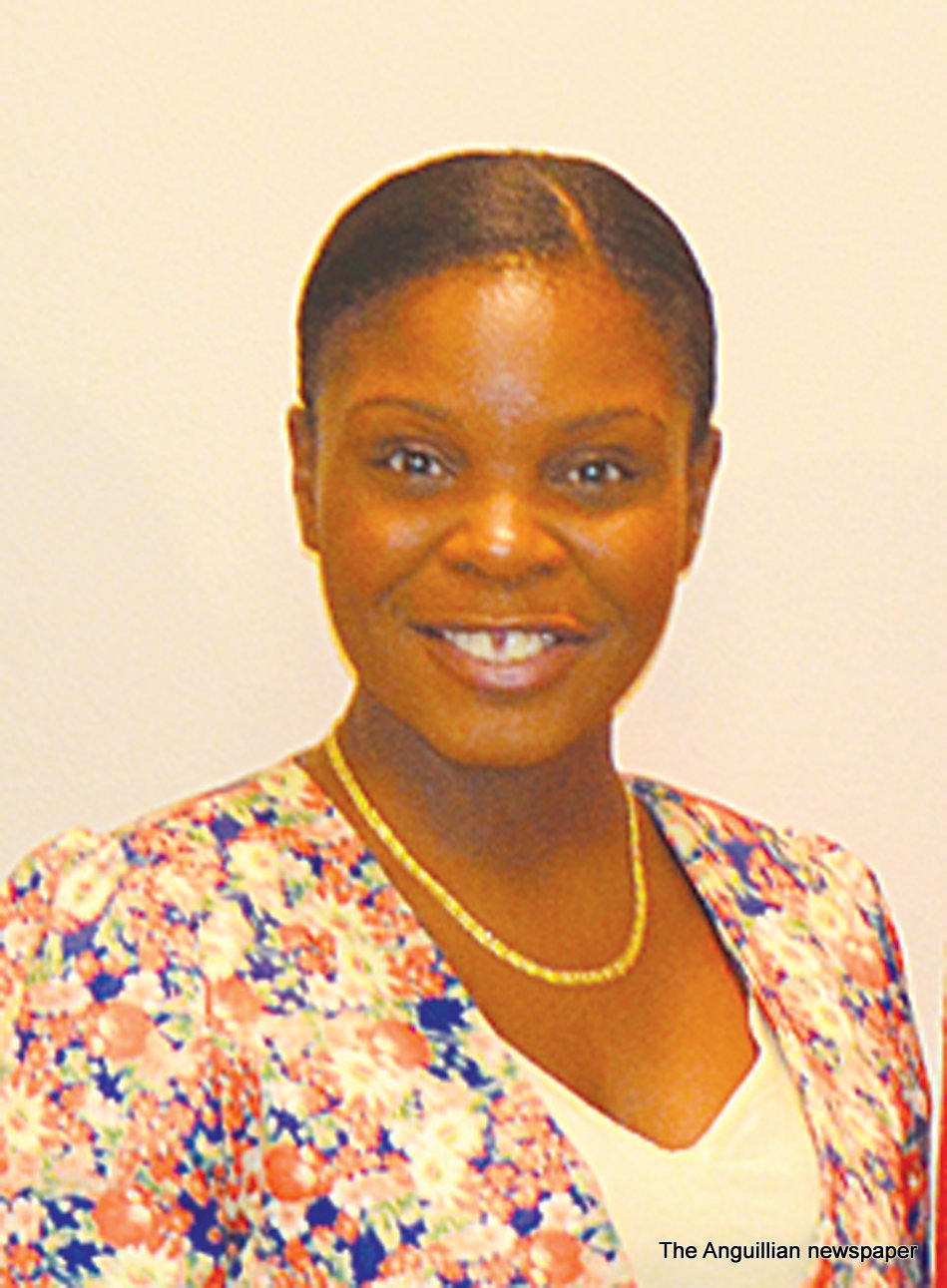
The attention of parents and other adults in Anguilla is being drawn to the need for a national policy to combat obesity, especially among children, on the island in order to promote physical growth and mental development among them.
That policy, not only for Anguilla, but other islands across the region, is being developed with technical assistance from the Caribbean Public Health Agency and the Pan American Health Organization. The aim is to have “a National Infant and Young Child Feeding Policy” that will also be extended to adulthood. The draft policy is part of a Global Strategy that recommends, among other matters, breastfeeding of infants for the first six months of life – and the introduction of nutritionally adequate and safe feeding for up to two years and beyond.
A two-day workshop to give validation to that draft policy was held in Anguilla on Monday and Tuesday at the Teachers’ Resource Centre with participants drawn mainly from the Health Authority of Anguilla. PAHO’s Country Programme Specialist in Anguilla, Mrs. Valerie Beach-Home, set the tone of the workshop at the opening ceremony.
“The health of infants and young children is of vital importance to nation-building,” she stressed. “Without strong children the future of our nation and, by extension, the future of our region, will be doomed. The Health Authority of Anguilla must therefore be commended for moving ahead with this policy, the implementation of which can only redound to the benefit of Anguilla as a whole. Children who are properly and adequately nourished learn better, are happier, more even-tempered and more disciplined. It is therefore vital that everyone involved in the implementation of this policy take the job seriously.”

Mrs Valerie Beach-Home and Mrs Vernice Battick
The Anguilla-based health professional continued: “It is incumbent on you to stress the importance of breastfeeding. Breast-fed babies are healthier. There is no argument about that. They do not get sick as often as bottle-fed babies; they have stronger teeth and bones; better skin texture. They grow up less prone to obesity and communicable diseases once breastfeeding is followed by a nutritionally-balanced diet. Breastfeeding is quicker, more readily available and more hygienic than bottle-feeding. Mothers who breastfeed also benefit from breastfeeding. It strengthens the abdominal muscles and helps them to return to their pre-baby state much sooner.
“I know that many young mothers use the excuse of not wanting their breast to sag from breastfeeding. However, they need to know that having a flatter stomach is more advantageous health wise than having perky breasts. Storing fat around the abdominal area slows the metabolism rate and predisposes to the development of NCDS. This is particularly important when we place the development and implementation of this policy within the context of the 2016 survey.
“That survey shows that almost 50 percent of adult women in Anguilla are overweight; that overall 70 percent of adults in Anguilla are overweight; and that over 60 percent of adults in Anguilla have one or more risk factors for chronic disease. The survey also shows that almost 90 percent of adults in Anguilla eat less that 5 percent of fruit and vegetables every day. As we know, eating habits are formed early so if parents are not eating properly, it follows that children are not eating properly. It is therefore important that parents and adults introduce infants and young children to healthy diets and good food choices early. Chances are that these figures will be reversed in the next generation if this policy is implemented well.”
Other speakers who emphasized the importance of the policy were Ms. Christine Bocage, Senior Technical Officer, Food Security and Nutrition with the Caribbean Public Health Agency; Mr. Mervin Rogers, Permanent Secretary, Ministry of Health and Social Development in Anguilla, who endorsed the policy on behalf of the Government of Anguilla; Mrs. Vernice Battick, Coordinator, Nutrition and Health Promotion in the above Ministry; and Dr. Audrey Morris, Decentralised Regional Advisor, Food and Nutrition, PAHO/WHO.








